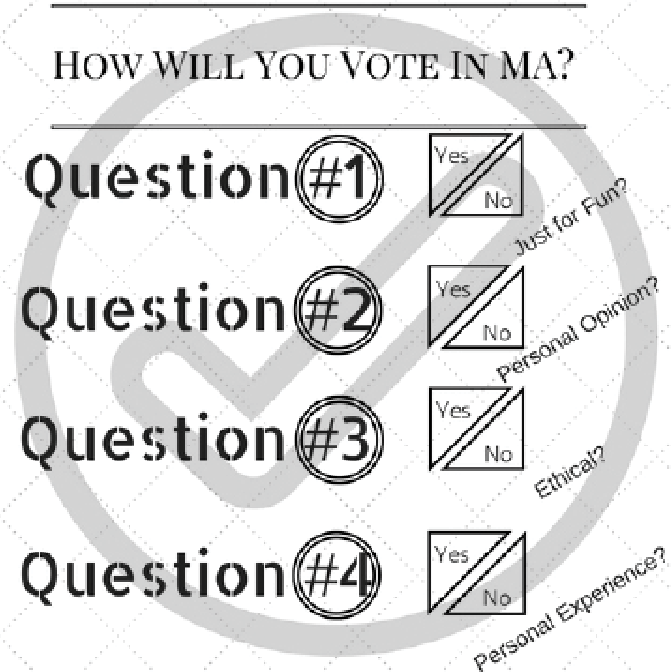Election day is just around the corner, when voters across the U.S. will elect the 45th president. A majority of voters will decide between Democratic nominee Hillary Clinton or Republican nominee Donald Trump.
Some third party supporters, however, will be voting for neither Clinton nor Trump. They will choose between Gary Johnson, the candidate for the Libertarian Party, and Dr. Jill Stein, who received the Green Party nomination.
Libertarians believe in a small government that plays little role in citizens’ daily lives, and an expansion of individual liberties. Johnson supports lower taxes and legalizing marijuana, and advocates for a woman’s “right to choose,” but does not believe insurers should provide women with birth control.
Stein, and the Green party as a whole, put the environment and sustainability on the forefront of her campaign. Stein also believes education and healthcare should be considered a fundamental right. On the other hand, even as a doctor, Stein says research is “inconclusive” as to whether vaccinations lead to autism.
Some concerns with third party candidates is that by voting for third party candidates, votes will effectively be “taken away” from candidates of the two major parties. For example, a vote for Stein of the Green party could be perceived as a vote for Trump, because it is not a vote for Clinton.
Third party candidates gained enormous popularity in previous elections, too. In 1992, Texas billionaire Ross Perot ran for president as an independent. Former Pres. George H. W. Bush was running as the incumbent against then-Governor of Arkansas President Bill Clinton. Clinton ended up winning the election, but not before Perot gained 19 percent of the vote. Many point out Bush may have been reelected had Perot not “taken” his votes.
In 2000, people similarly claimed Green Party candidate Ralph Nader “stole” the election from Democratic nominee Al Gore. While Nader only won three percent of the vote, his support could have been the deciding factor in that highly contested election.
Stein and Johnson have rooted their support in both longtime voters who identify with third-party ideologies, as well as voters who are frustrated with the possibility of a Trump or Clinton presidency.
Suffolk students have also dived right into support third party candidates.
“I would prefer a third party candidate because I cannot ethically support the current Republican or Democratic candidate,” said Vince Mastantuno, class of 2019, a politics, philosophy, economics (PPE) major.
Mastantuno, who was registered as a Republican but later changed his party affiliation to “undeclared,” plans on voting for Johnson this November.
“I look at the Republican and Democratic parties in their modern iteration as representing such a small percent of the political ideologies,” he said.
Caitlin Hankard, class of 2018, a law & public policy major, also identifies with the Libertarian party in this election partly due to her distaste for Trump.
“I do not support the rhetoric that Donald Trump spews and I do not believe that [he] is of the core beliefs of the Republican party,” she said.
Hankard added she has “always leaned slightly Libertarian,” and suspects more people will do so in this election due to the polarization between Republicans and Democrats.
Conversely, public relations major Hannah Edmond, class of 2019, voiced her support for Stein.
“I agree with her platform more than the two other candidates,” she said. For Edmond, how a presidential candidate will handle the environment is a primary concern in the presidential election.
For Johnson and Stein, time is running out. With Sept. 26 being the first presidential debate, the race is set to make it to 15 percent.












